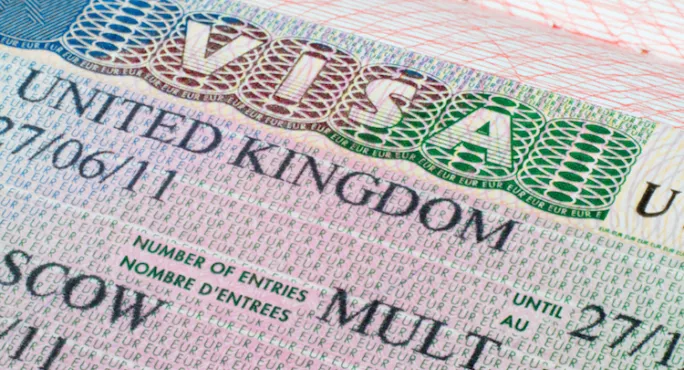Tougher regulations mean any skilled workers, including teachers, from outside the European Union who have been living in the UK for less than 10 years will have to earn more than £35,000 a year to be able to settle in the country permanently.
Heads’ and teachers’ leaders have repeatedly warned that Home Secretary Theresa May’s new law will result in thousands of teachers leaving the country at a time of acute teacher shortages. The changes came into effect in April.
But the NASUWT teaching union said today that the Home Office had agreed to instruct its Migration Advisory Committee (MAC) to investigate the issue of teacher supply.
‘Children denied teachers’ expertise’
“In its direct engagement with the Home Office and the MAC, [the NASUWT] has made clear that the impact of a salary threshold on migrant teachers would create serious problems for schools, unfairness for migrant teachers and deny children and young people the opportunity to benefit from the expertise of these highly skilled professionals,” union general secretary Chris Keates said.
“Given the current recruitment and retention crisis, the introduction of needless barriers to the employment of overseas trained teachers makes no sense.”
Some jobs, such as nurses and PhD-level positions, are exempt from the law as they are included on the “shortage occupation list”.
Union leaders will hope that similar exemptions will be afforded to the teaching profession.
A Home Office spokesperson said: “The home secretary has commissioned the MAC to carry out a partial review of the shortage occupation list.
“The review will examine primary and secondary education to determine whether there is a shortage of the required staff that could sensibly be solved in part through non-EEA migration.”
Want to keep up with the latest education news and opinion? Follow TES on Twitter and like TES on Facebook




